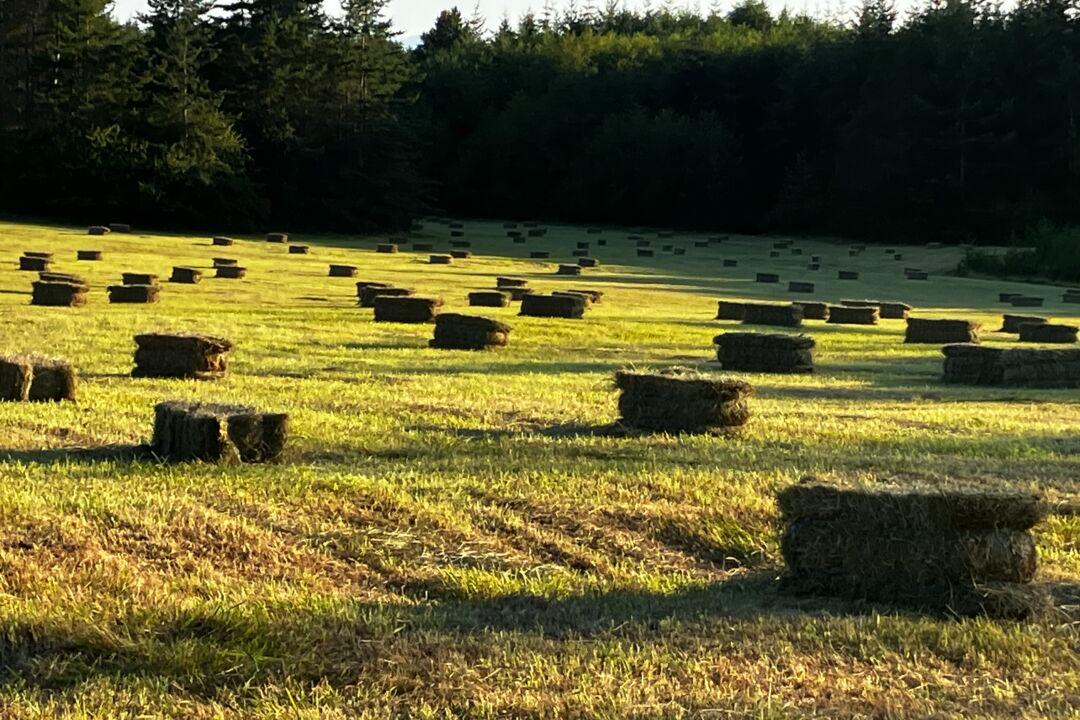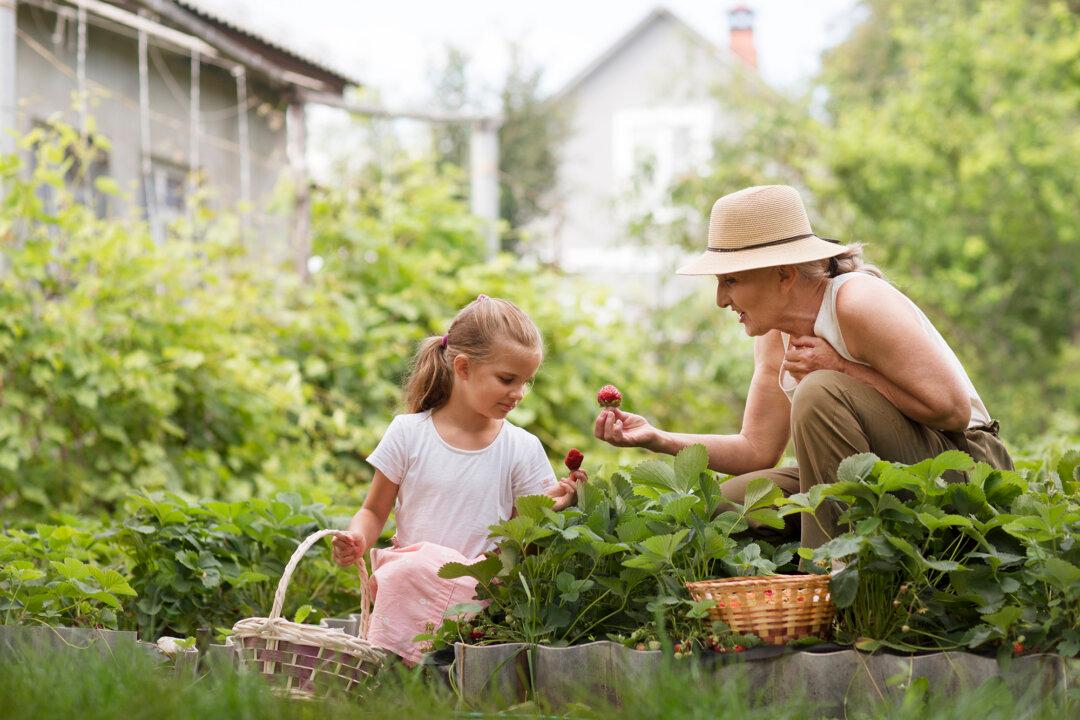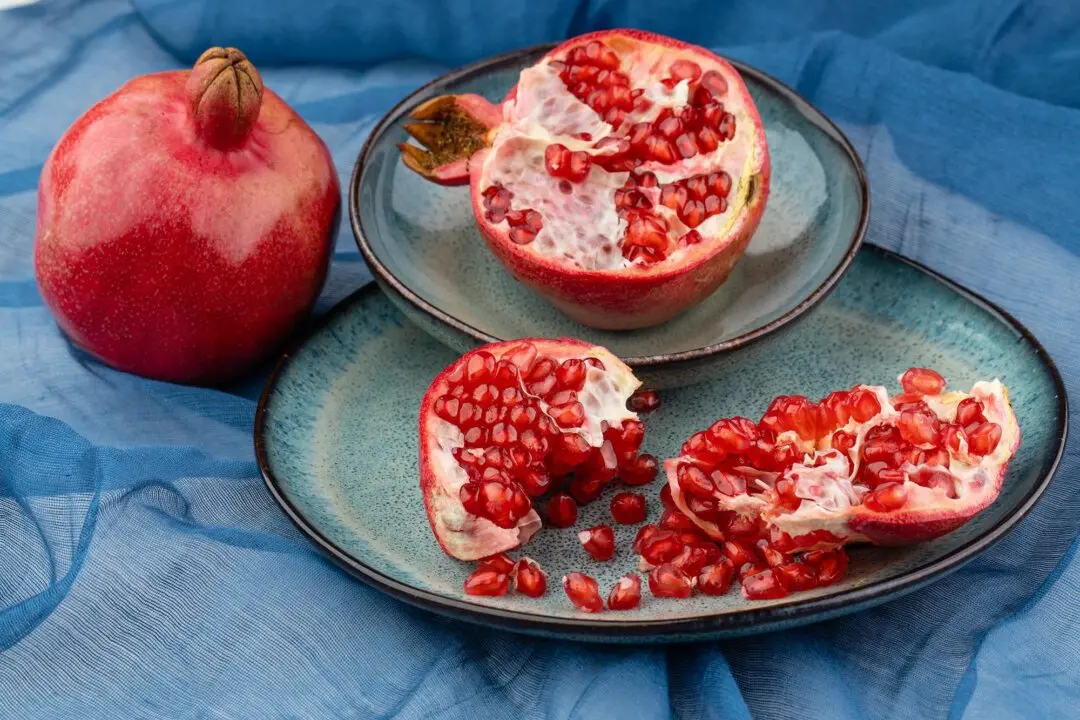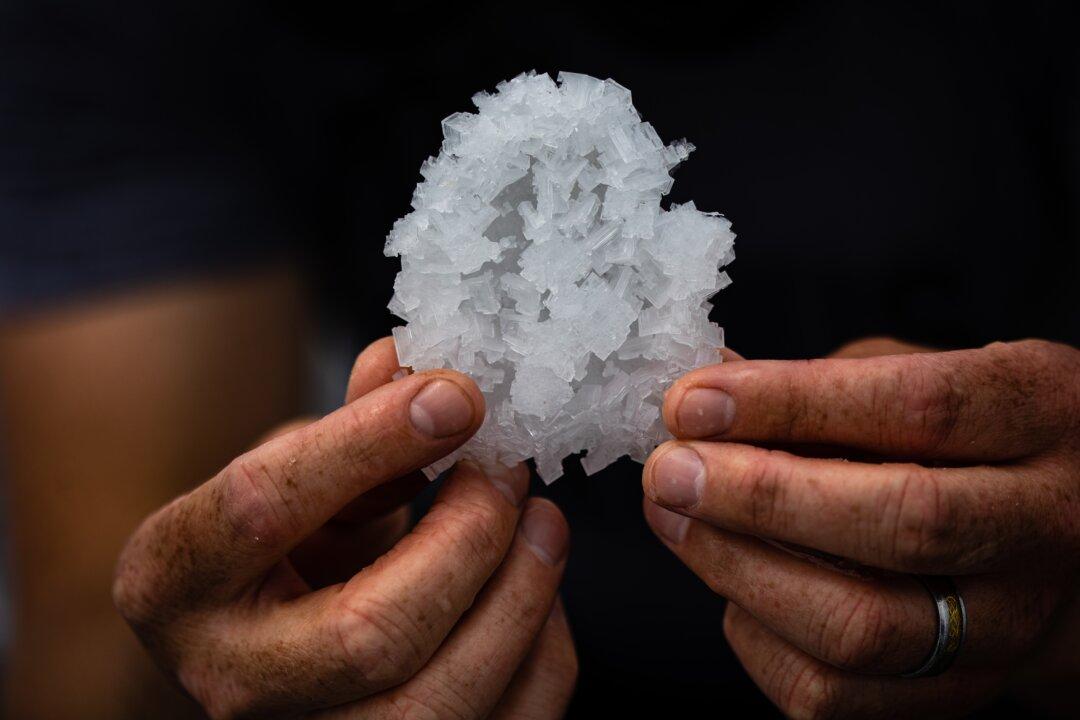“Oh, you don’t need to worry about that.”
Our utility, earth-moving, and tree-falling contractor gave us an earnest, sage look, nodding his head in tune with the ancient rhythms of life on our little island in the middle of the Salish Sea, and swore it never gets so cold here that pipes freeze. While helping build our house, Bubba did a super job on selective-harvest timber falling and zipped our water line, electric line, and cutoff drains into the ground like he was just darning socks. So he must have been right about the climate, right?





